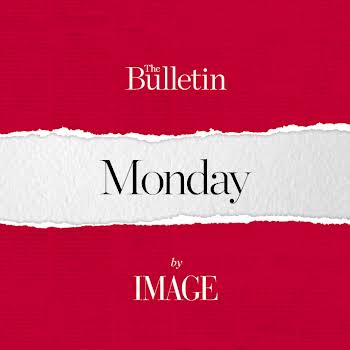
By Amanda Cassidy
05th Jan 2020
05th Jan 2020
Is news to the mind what sugar is to the body? Amanda Cassidy on the rise of those choosing to turn their backs on trashy news consumption.
Unlike reading books and long magazine articles (both which make us think), we live in an era where we can swallow limitless titbits of news all day every day — and it is beginning to takes its toll.
Researchers are beginning to discover just how toxic news can be to our mental health. For one, it misleads. It makes us feel as if by consuming the news media organisations offer us, we have a competitive risk ahead of others.
Newsflash: Most of what we consume in terms of news is not only completely irrelevant but allows us to form a completely skewed map of risk that lives in our minds. 24-hour news is designed to make us feel as we can not miss a thing… or else.
Fight or flight
But now scientists say that the less news you consume, the bigger advantage you have. In fact, being exposed to, let’s face it, scary updates over and over again triggers our limbic system. This encourages cortisol which upsets your immune system and stops growth hormones. It leaves you in a perpetual state of stress.
This week didn’t help. The apocalyptic images of blood-red skies over Australia, the threat of war in Iran, it is a never-ending cycle of doom and gloom, negativity and despair. And there is nothing we can do about it. Simply knowing about much of it isn’t helping much.
Of course, journalism is essential to our society. We need reporting that searches for truth and calls out our institutions but most of what is passing itself off as news these days are meaningless snippets designed to scaremonger.
This week, Harry and Meghan chose to promote an Instagram account focusing on global positive news. It was a move designed to reject the raggy criticisms the Sussex royals were exposed to time and time again this last year. The account “focuses and celebrates acts of kindness” worldwide.
“Happy New Year!” the couple’s Instagram caption read. “For 2020 we will be continuing our tradition of highlighting accounts that inspire, and that reminds us of all the good that is happening in the world.”
It continued: “This journalist run-page covers and celebrates acts of kindness and good news in our global community. We hope it brings you joy!”
Skewed
Fake news too is the scourge of our time. And it isn’t just a nuisance, it is dangerous. It has the potential to deliberately mislead politically and socially.
Annika is a 32-year-old who works as a fashion buyer in Dublin. She made the decision to have a complete blackout on news for the past few months. And she says the effects of this freedom is hugely beneficial to her life. “I have much less anxiety, I read longer more in-depth articles to get my information and I use only the best journalism sources. I no longer mindlessly click into the faff that clogs up my feed. I mostly avoid social media which procrastinates and inflames.
“I have less disruption in my life. I mainly avoid the junk that comments on celebrity waist-size, doomsday predictions, and hyperbole about things that I can do nothing about. I prefer to consume things that make me learn, help me to think and give a more creative perspective.”
It isn’t easy to do. We are constantly bombarded by the information we are told is important. Sorting the wheat from the chaff is a mindboggle in itself but being selective with what we put into our minds, as well as what we put into our bodies, is likely to pay off in the long run.
Image via unsplash.com
Read more: This good news story will restore your faith in humanity























